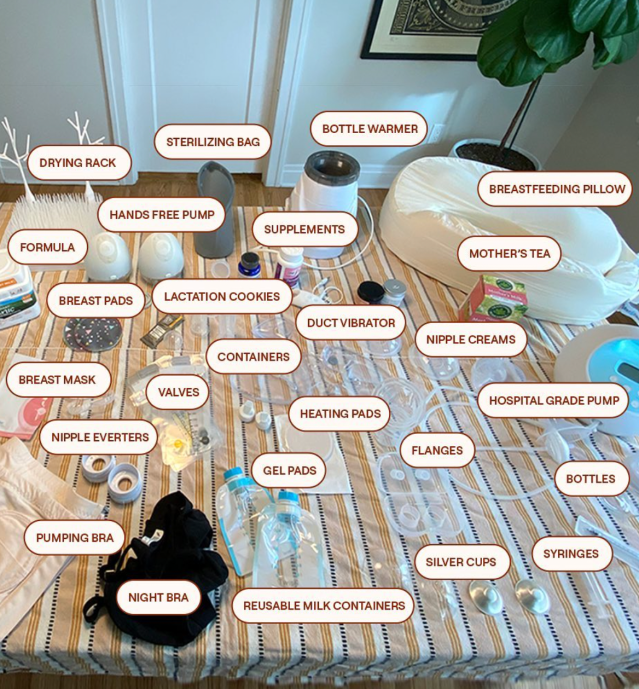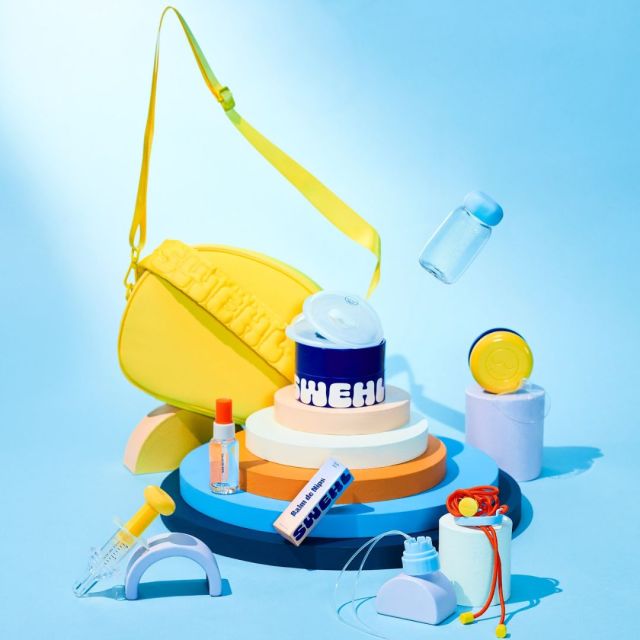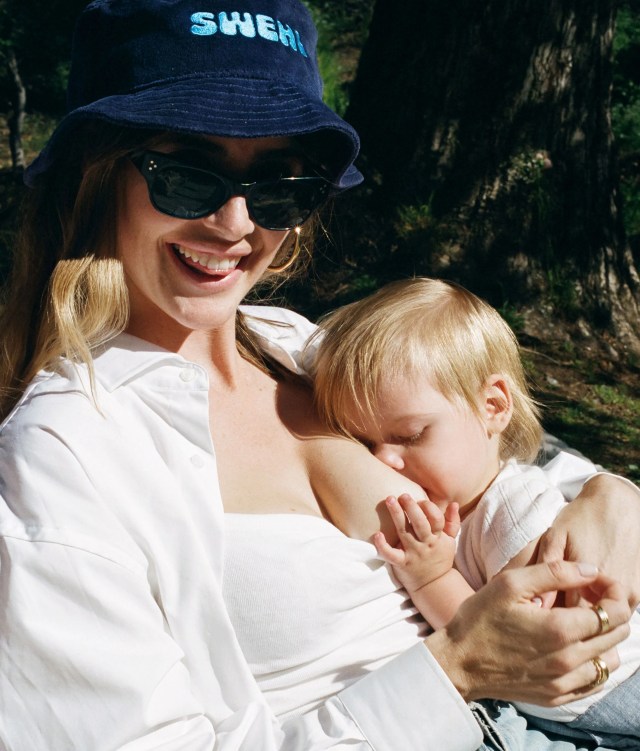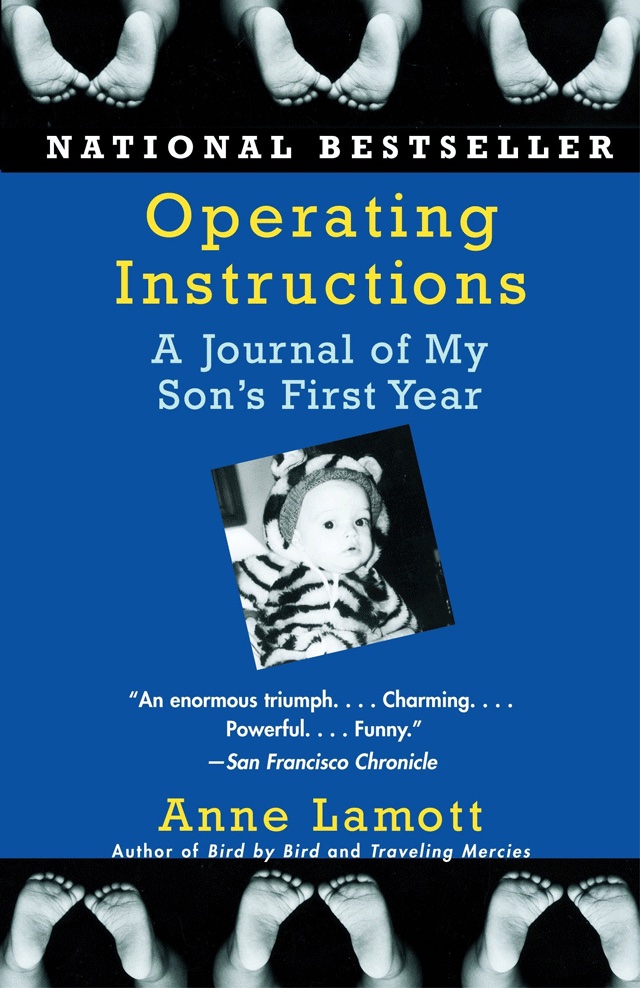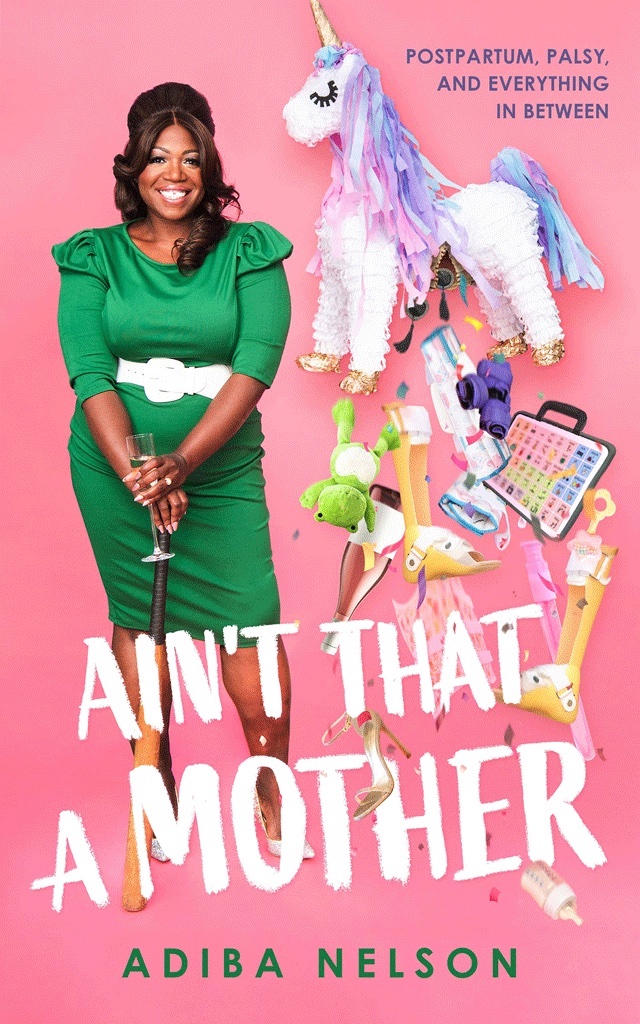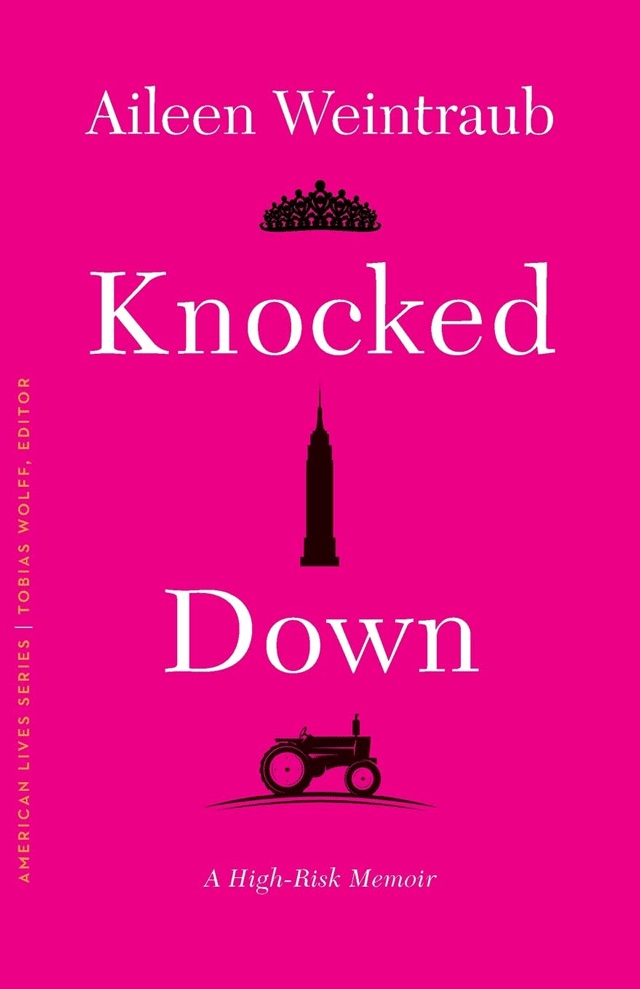After squeezing out a baby, your body feels like it’s been through the spin cycle of your washing machine. You’re exhausted and even the tips of your toes ache, but you still want to be there to look after your newborn. This means middle-of-the-night feedings, countless diaper changes, and basically doing all the things. But it’s important to remember to take care of yourself, too—and that includes knowing the things not to do after giving birth.
Elizabeth Quinkert, certified nurse-midwife and administrative director for the Tree of Life Birthing Center, says it’s a good idea to assemble your village before giving birth because as soon as the baby’s born, all focus moves to your newborn. “We’re so busy making sure the baby is taken care of, but birthing parents need time to recover as well,” Quinkert says, something that’s easy to forget when they jump into their caregiving role so quickly.
Whether you had a vaginal birth or a C-section, your body requires rest to rebuild. To help out your sleep-deprived brain, we’ve prepared an easy-to-follow list of the things you shouldn’t do after giving birth. If you have any questions about your postpartum recovery, don’t hesitate to contact your care provider.
1. Don’t drive.
Your brain might be telling you to get in the car and check some errands off your ever-growing list, but your body needs time to heal. Whether you’ve delivered vaginally or via cesarean section, one reason not to drive is blood loss. According to The March of Dimes, it’s normal to lose some blood after giving birth, but it can slow down your reaction time and impair your driving ability, Quinkert says.
So when is it safe for you to hop (or lightly step) behind the wheel again? Your healthcare provider can help you decide. Most experts suggest waiting two weeks before driving after you’ve had a baby. Since moving your foot from the gas to the break and turning your head to check your blind spots requires some ab work, Healthline suggests it can be longer if you had a C-section. If you’re taking opioid medication for pain management to assist in your recovery, discontinue use before you sit in the driver’s seat again.
2. Don’t ignore your pain or skip your checkups.
When you have a baby, stuff hurts. Your body is going to feel achy and exhausted from giving birth, and most of these feels are normal. Soreness, tiredness, and some emotional and hormonal changes are expected since your body has been through a major change, says the Cleveland Clinic. However, there are pain levels and symptoms you shouldn’t just “push through.” Quinkert says if the pain starts to become worse, you feel an unusual pressure, or notice an increase in swelling, these are symptoms to let your provider know about. If your overtired brain is wondering which aches and pains you shouldn’t ignore, the Cleveland Clinic lists the following as postpartum symptoms you don’t want to overlook:
- Heavy bleeding
- Significant pain or cramping
- Severe headaches
- Complications with tears or incisions
- Incontinence
- Frequent peeing or burning
- Leg pain
- Chest pain
- Breast pain or burning
It’s also crucial to keep an eye on your mood and anxiety levels after bringing baby home—and this is where your postpartum checkups are particularly important. During these checkups, your doctor will do a physical exam to make sure your body is healing, but these appointments are also important mental health check-ins. Some sadness and worry are normal for a few weeks—you’ve probably heard of the “baby blues”—but if it remains or gets worse it could be a sign of postpartum depression (PPD), which Quinkert says doctors are always looking out for. Red flags include:
- Feeling very weepy, guilty, or overwhelmed
- Worrying that you are a bad mother
- Losing interest in activities you used to enjoy
- Not feeling a connection to your baby
- Inability to take care of your baby
- Lasting sadness or thoughts of hurting yourself or others (including your baby)
- Changes in eating or sleeping patterns
If you are experiencing any of these symptoms, speak to your healthcare provider right away.
3. Don’t take a bath.
A nice warm bath to wash away your troubles might seem like just the thing after your labor and delivery and, well, this is partially true. Quinkert recommends a sitz bath to all her patients but not a wash with soap until you’ve healed up. This is especially true if you have episiotomy stitches (from an incision between the vagina and anus to help get your baby out).
“Put three to four inches of water in the tub with Epsom salts and then sit,” Quinkert explains. “That will help the healing process and the pain.” A typical postpartum sitz bath contains 1/2 cup of Epsom salt in 3 to 4 inches of water.
If you’re craving the healing (and cleaning) properties water offers, showering is totally fine, and Quinkert suggests showering first and then having a nice soak in a sitz bath afterward. According to the National Library of Medicine, wait three weeks to indulge in a long bath if you’ve had a C-section as immersing your incision could lead to an infection.
4. Don’t do all the things.
As if being on call for your newborn 24/7 isn’t enough, you may feel tempted to host tons of visitors who want to meet the baby or book a newborn photo shoot. “Women tend to overdo,” Quinkert explains. This is why she encourages her patients to take at least two weeks to heal and not push themselves. This means resting while your baby rests and allowing others to help out with household chores when possible. Quinkert reminds new mothers to eat and practice self-care. This slowing down will give your body time to regain its strength in the weeks following your delivery.
For those who delivered via C-section, you might need more time to take it easy in your baby bubble. While gentle walks and light housework can aid in your recovery, avoid heavy cleaning, jogging, and most exercises for 4-8 weeks to allow your body to heal after your surgery, per Mount Sinai Health System, and don’t lift anything heavier than your baby for 6-8 weeks. Give yourself permission to let the dirty dishes pile up or ask family and friends for help with your newborn while you recover. Also, don’t be shy to ask visitors to bring really useful items—like wipes, baby lotion, or nipple cream—instead of more baby blankets or tiny outfits.
Related: 6 Things New Moms Should Give Themselves Permission to Do
5. Don’t do the wrong kinds of exercise or overdo it.
You’ve had a baby, and you’re feeling ready to slowly start getting into your workout groove. It’s never a bad idea to see your healthcare provider and discuss when to start and what exercises are appropriate for your unique situation. If you’ve had an uncomplicated pregnancy and vaginal delivery, you could begin lightly exercising a few days after giving birth, according to the Mayo Clinic, or as soon as you feel ready.
When you’re first starting out, don’t jump into a hardcore baby boot camp! Low-impact activities like walking or a gentle postpartum exercise class are more your speed. Remember, your body is technically recovering from an injury, so it won’t be ready for planks, squats, or weight training. When it comes to the heavy lifting, Quinkert says if you’ve delivered vaginally, it’s recommended not to lift anything heavier than your baby for two weeks. If you’ve had a C-section, most experts suggest waiting 4-6 weeks. If you have any questions about your exercise plans, your doctor can help guide you.
6. Don’t forget to eat and drink.
While you were pregnant, you remembered to take your prenatal vitamins and avoid eating all the soft cheeses. Now you’re too engrossed in your newborn’s eating schedule to work in a sandwich of your own. But eating healthy meals will help your body heal, per The University of Rochester Medical Center.
Not skipping meals gives you the energy and strength that’s needed for those unpredictable sleepless nights, diaper explosions, and burping marathons with your newborn. To make this easier during postpartum, Quinkert says to be sure to eat foods like healthy proteins and vegetables that will help rebuild tissues. Proteins are the building blocks of the body, which help heal tears (like the tearing that can occur inside or around the vagina during labor), build strength in fatigued muscles, and give energy to the body. For those breastfeeding, the Mayo Clinic suggests this same healthy menu plus eating an additional 330 to 400 calories a day. Quinkert also encourages parents to ask family and friends to assist in meal prep and/or drop off lunches and dinners—especially for the first week.
And don’t forget your grandmother’s words of wisdom: drink plenty of water to stay hydrated, especially if you’re breastfeeding. “Much of the water in the mom’s body goes to the production of milk, so it can cause constipation for some,” Quinkert says. Drinking plenty and eating foods high in fiber can help keep things moving.
7. Don’t compare yourself to other moms.
While it might feel super good to comparison shop when strolling down the Target aisle, it doesn’t feel super good to compare yourself to other moms. “The comparisons start right away,” Quinkert observes. It’s super common for new moms to look outside themselves for validation that they’re doing their best.
However, when you start down the slippery slope of comparing parenting styles or your baby’s milestones with social media influencers or your next-door neighbor, this can lead to feelings of jealousy, frustration, and a loss of confidence. “You’re not going to parent the way your sister did, or your mom, or the way anyone else did,” Quinkert says. You do you and what works best for your newborn—she encourages you to stand strong in your parenting style.
8. Don’t rush into sex.
During postpartum, sex may very well be the last thing on your mind. Your body is hurting and all your energy goes to making sure your baby is healthy and happy. Still, let’s talk about sex. The Mayo Clinic says that while there’s no exact timeline for having sex after giving birth, most healthcare providers recommend waiting 4 to 6 weeks, regardless of how you delivered, to give your body time to heal.
Though some people wait less time and some wait longer, Quinkert emphasizes the importance of discussing pregnancy prevention. “Some people aren’t aware there’s a possibility you can get pregnant during this time,” she says. And feeling emotionally ready is also a consideration—for some moms, it can take months to want to get back in the saddle again. If you just need more time to heal or mentally prepare before you get into your sexy time, that’s alright, too.
9. Don’t hold back on asking for help.
The six weeks following your labor and delivery are full of every feel imaginable. One minute you giggle at the cuteness of your newborn, and the next you’re ugly crying because you can’t figure out how to soothe them. It’s easy to forget that there are people ready to support you through all these moments.
If friends or family offer to help, Quinkert says to accept it. She’s seen moms decline these offers because they believe that needing it makes them a “bad mother” or that it’s impolite to impose. Quinkert asks moms to reframe their viewpoint and “look at this as receiving instead of taking.” Changing your outlook here can help you accept the help you’re being offered. Postpartum can be difficult and lonely, and for those who have access to a strong support system, it can make all the difference.
10. Don’t forget to celebrate the little wins.
You made time to take a shower! You walked a block farther on your walk! You had a good feed! They may seem tiny, but when you’re in the thick of postpartum, even the smallest victories are actually huge. After all, having a baby is the only medical procedure where you’re expected to take care of another human while you’re also trying to take care of yourself, Quinkert reminds us. So be gentle with yourself throughout the process—and go ahead and pat yourself on the back for even the littlest of wins, because you’re ushering a new human into the world and that’s a feat if ever there was one.














